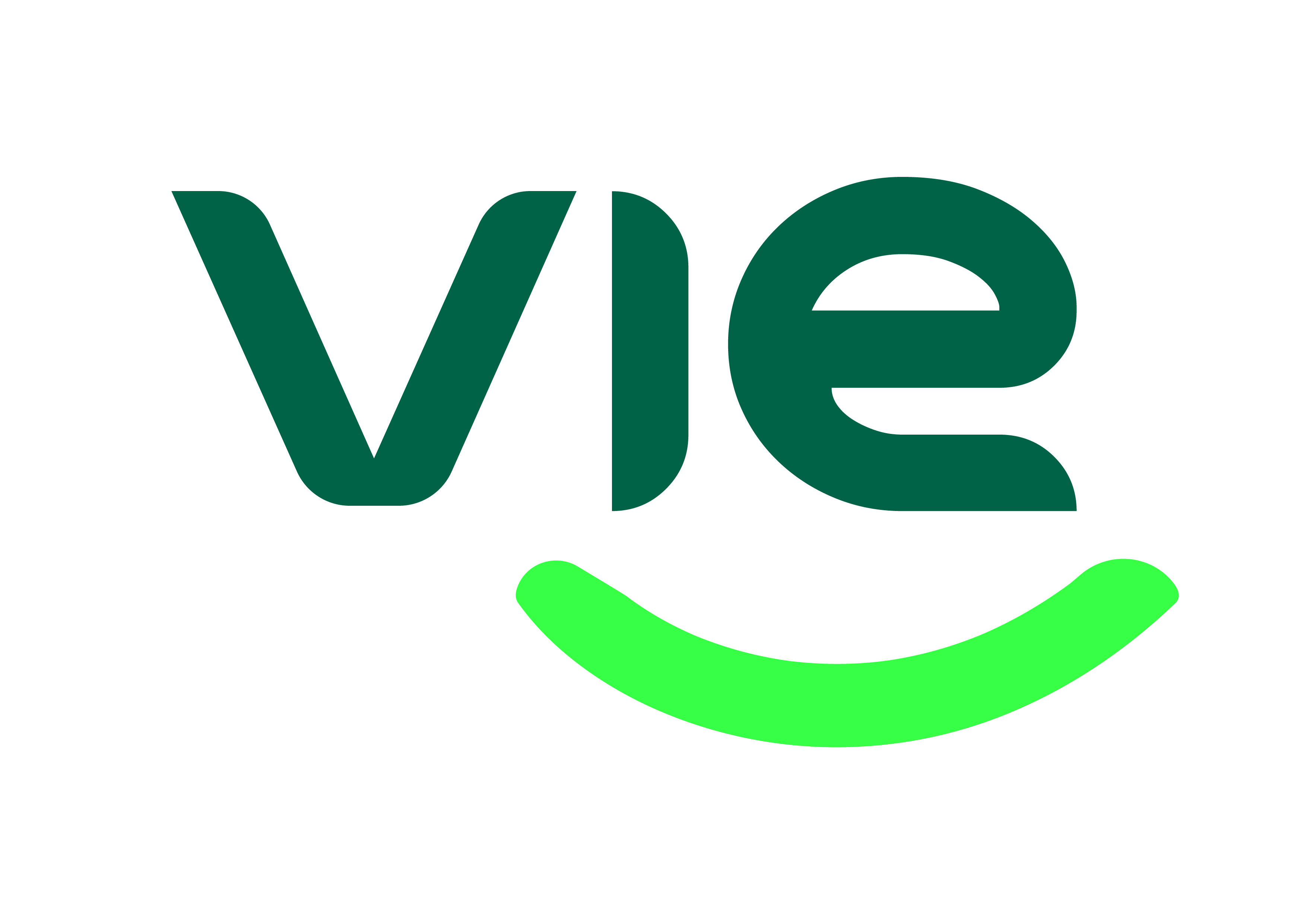Understanding the Various Types of Permanent Life Insurance Policies

Introduction
Life insurance serves as a crucial financial tool that offers protection and peace of mind for individuals and their loved ones. Permanent life insurance policies are particularly valuable, as they provide lifelong coverage and build cash value over time. Within the realm of permanent life insurance, there are several distinct policy types, each with its unique features and benefits. In this article, we will explore the different types of permanent life insurance policies to help you make an informed decision.
1. Whole Life Insurance
Whole life insurance is the most traditional and straightforward type of permanent life insurance. It guarantees a death benefit payout to the beneficiary upon the insured's passing, regardless of when it occurs. Additionally, whole life insurance policies accrue cash value over time, which grows on a tax-deferred basis. This cash value can be accessed through loans or withdrawals during the policyholder's lifetime.
2. Universal Life Insurance
Universal life insurance offers more flexibility compared to whole life insurance. It combines a death benefit with a cash value component, allowing policyholders to adjust the premium payments and death benefit as their needs change. With universal life insurance, you can increase or decrease the death benefit within certain limits, and the cash value can potentially earn interest at a rate set by the insurance company.
3. Variable Life Insurance
Variable life insurance provides both a death benefit and a cash value component but with an additional element of investment. Policyholders have the option to allocate their cash value into various investment accounts such as stocks, bonds, or mutual funds. The returns on these investments are not guaranteed and are subject to market fluctuations, giving the policyholder the potential for higher cash value growth. However, it's essential to note that the investment aspect also carries the risk of loss.
4. Indexed Universal Life Insurance
Indexed universal life insurance is a hybrid policy that combines the features of universal life insurance with the potential for cash value growth linked to the performance of a stock market index, such as the S&P 500. This type of policy offers the opportunity for higher returns than traditional universal life insurance, with protection against market downturns. However, there may be a cap on the maximum return and a participation rate that determines the portion of the index's growth the policyholder receives.
5. Variable Universal Life Insurance
Variable universal life insurance is a blend of universal life insurance and variable life insurance. It allows policyholders to adjust their premium payments and death benefit while also offering the investment component found in variable life insurance. This type of policy provides the flexibility to invest the cash value into a range of investment options, giving the potential for growth but also subject to market risks.


